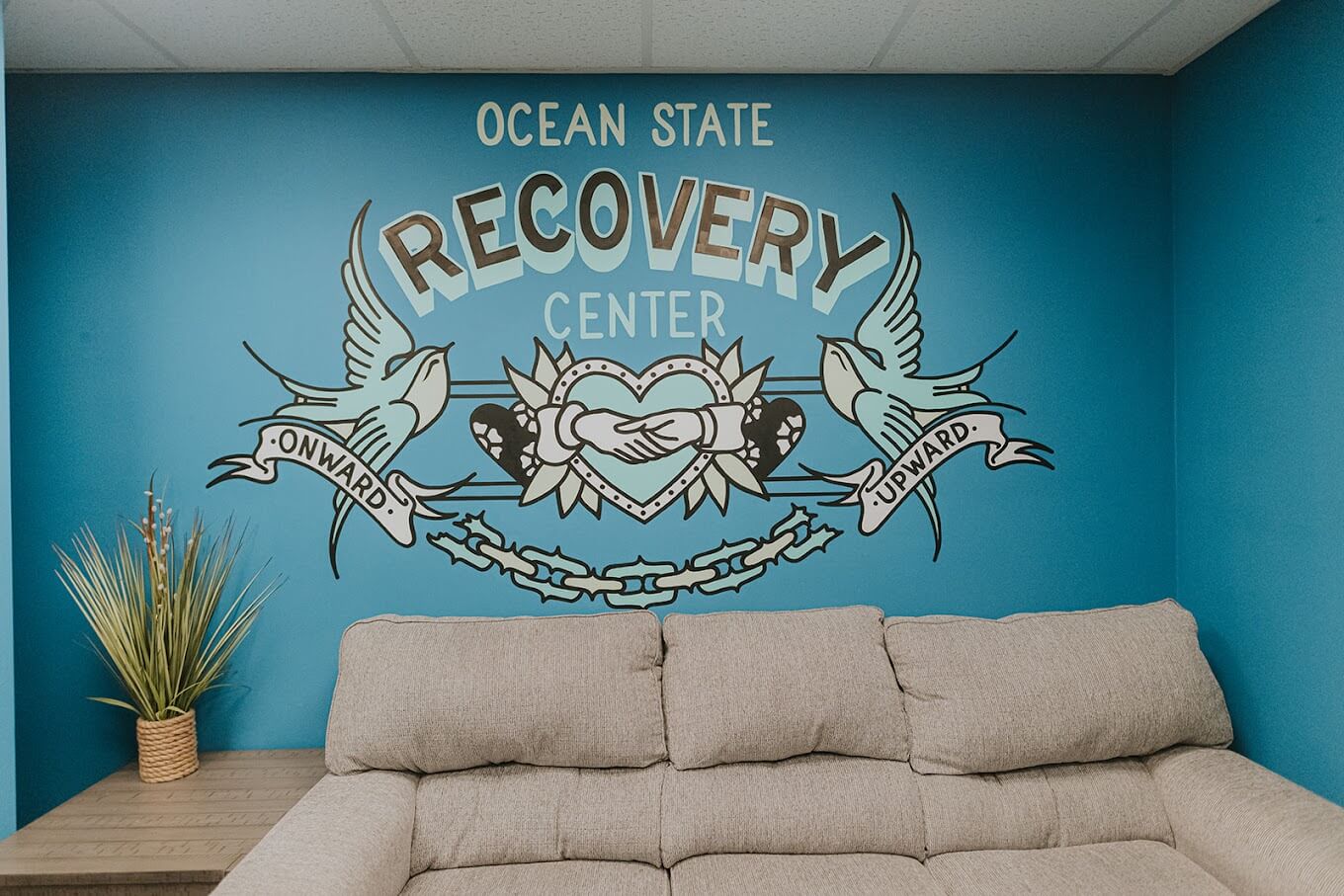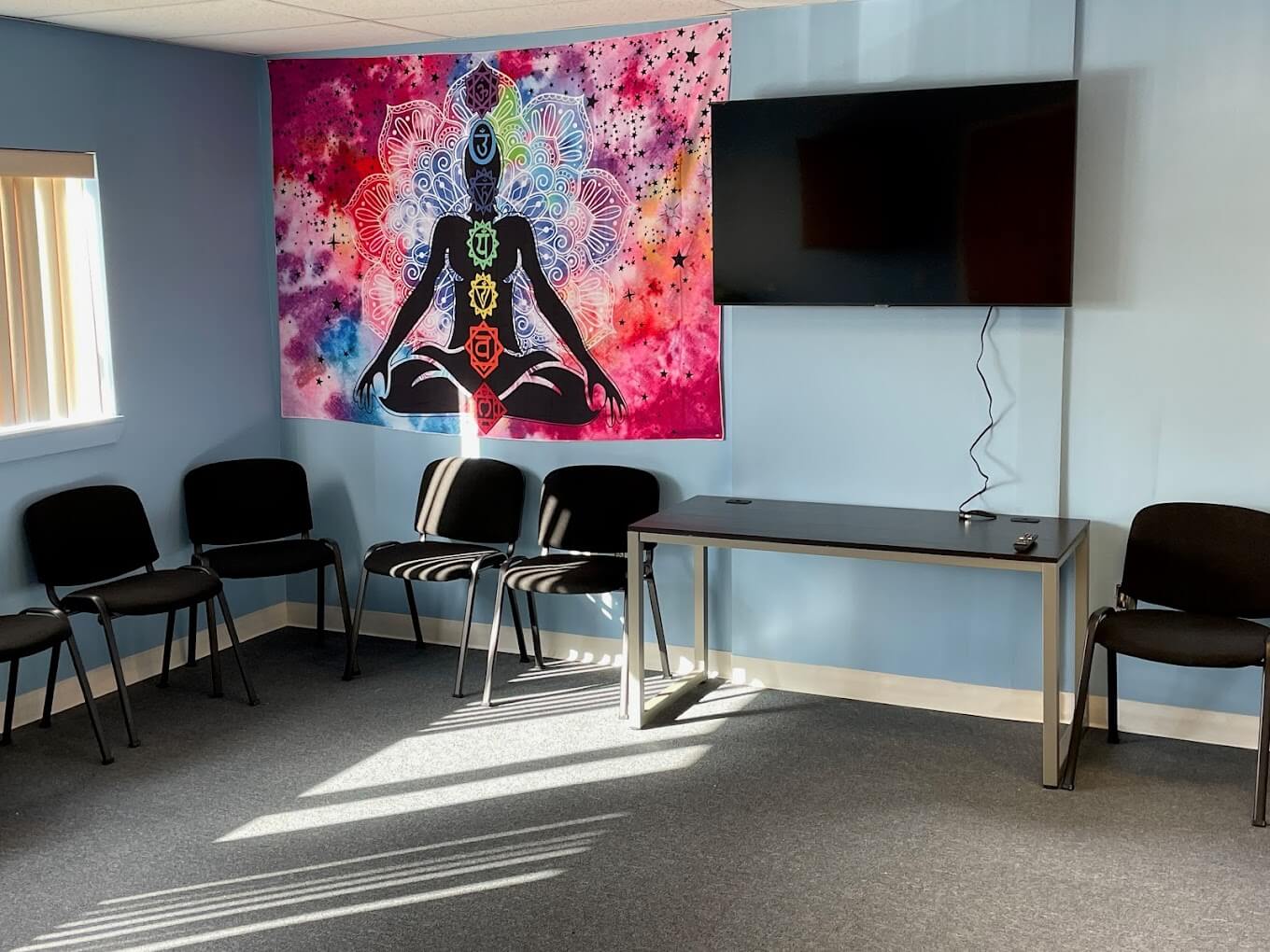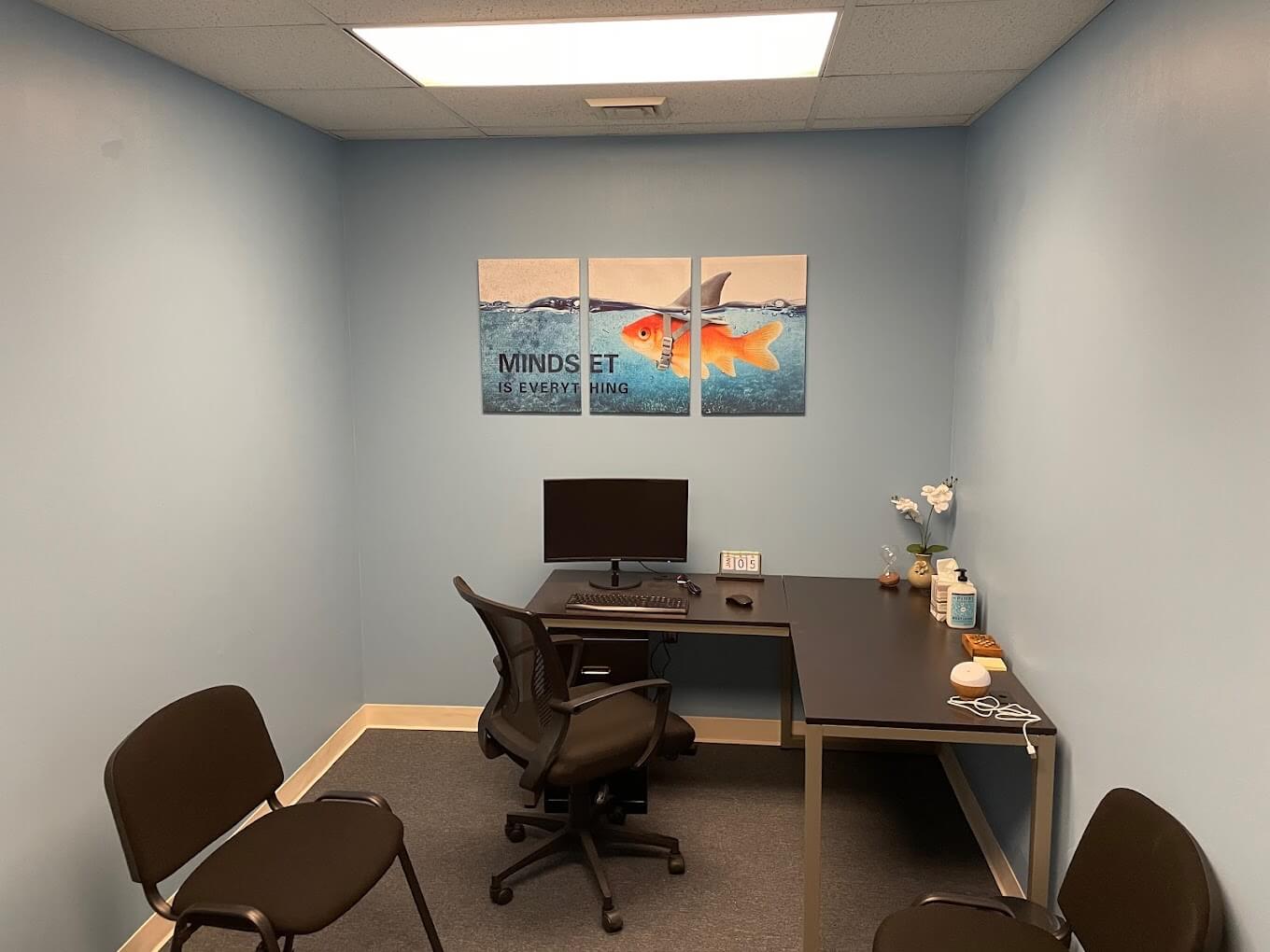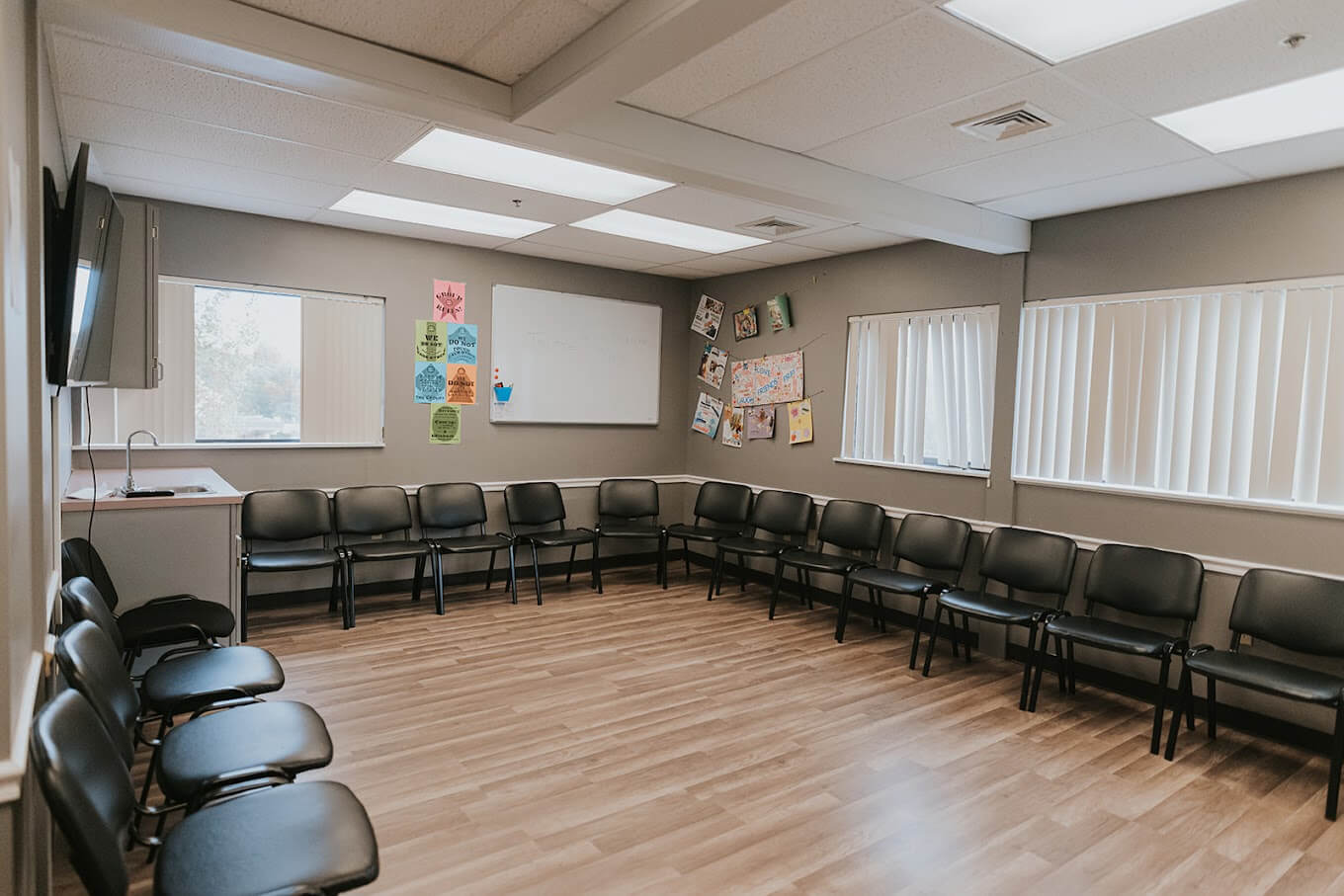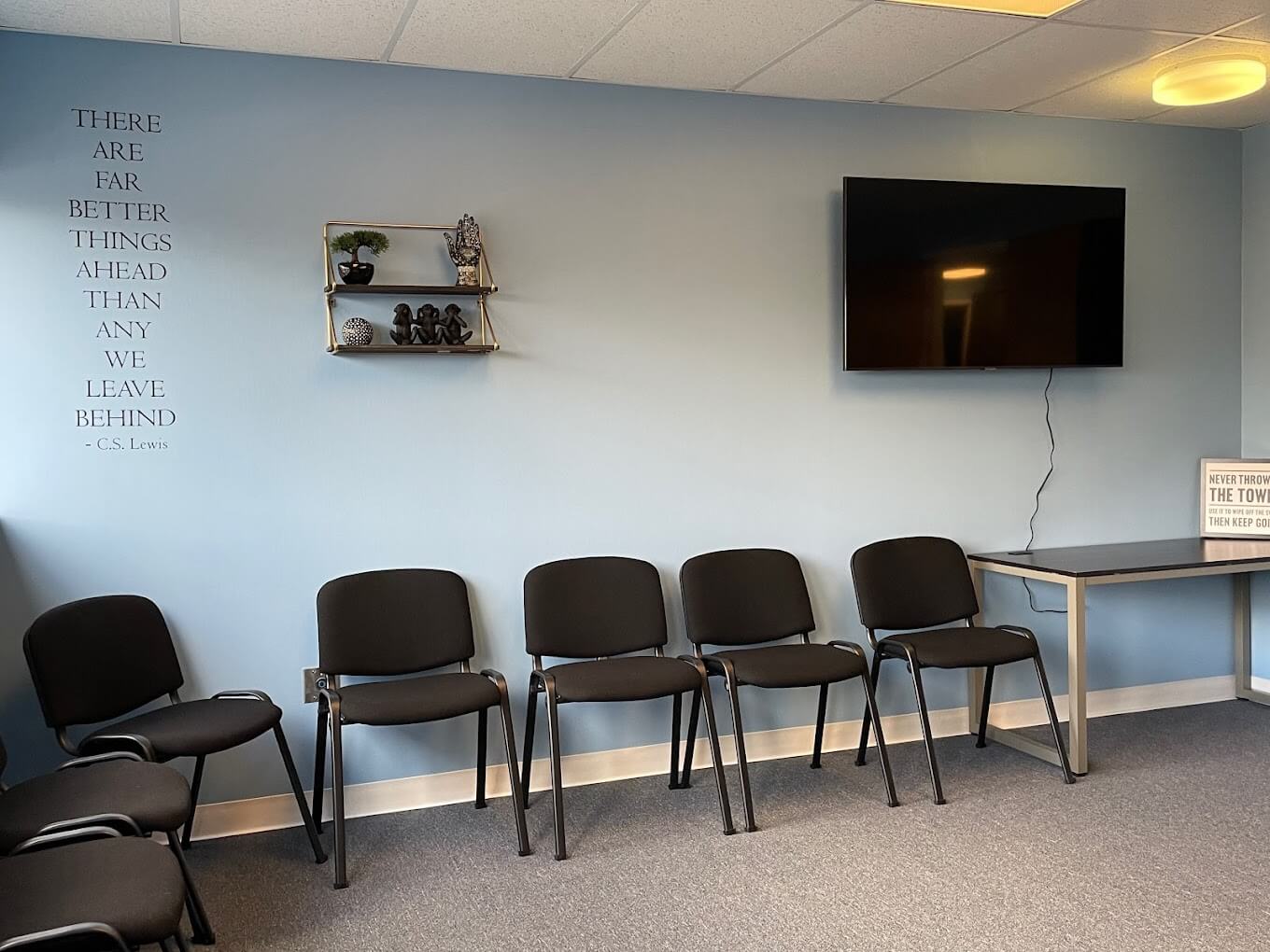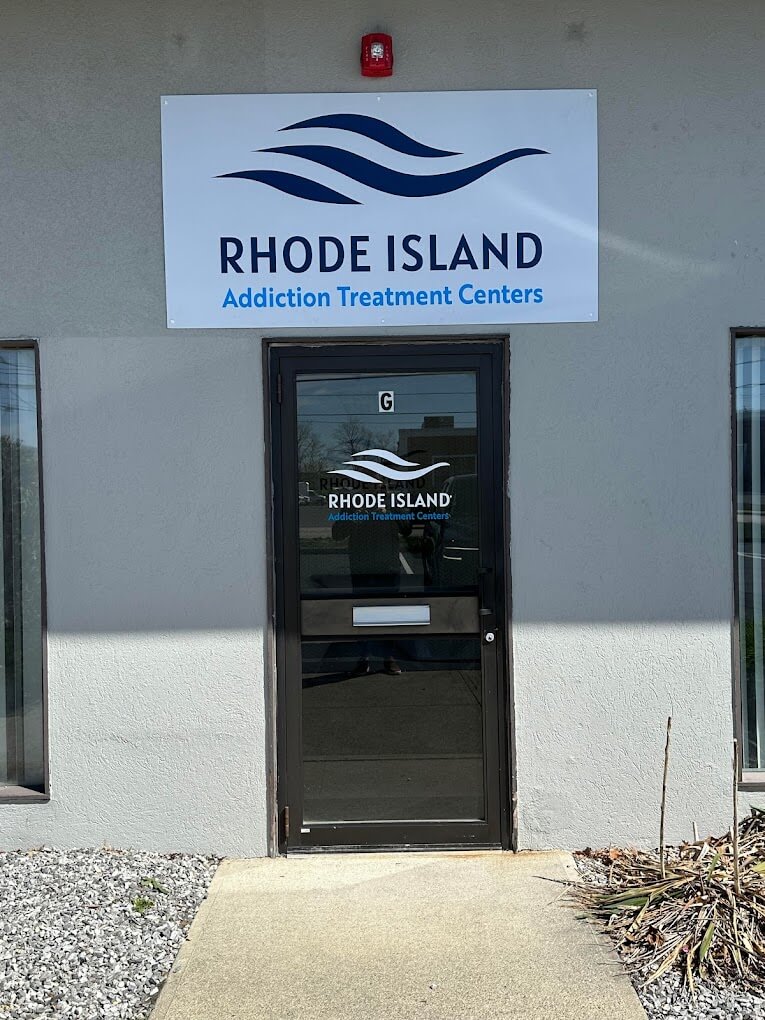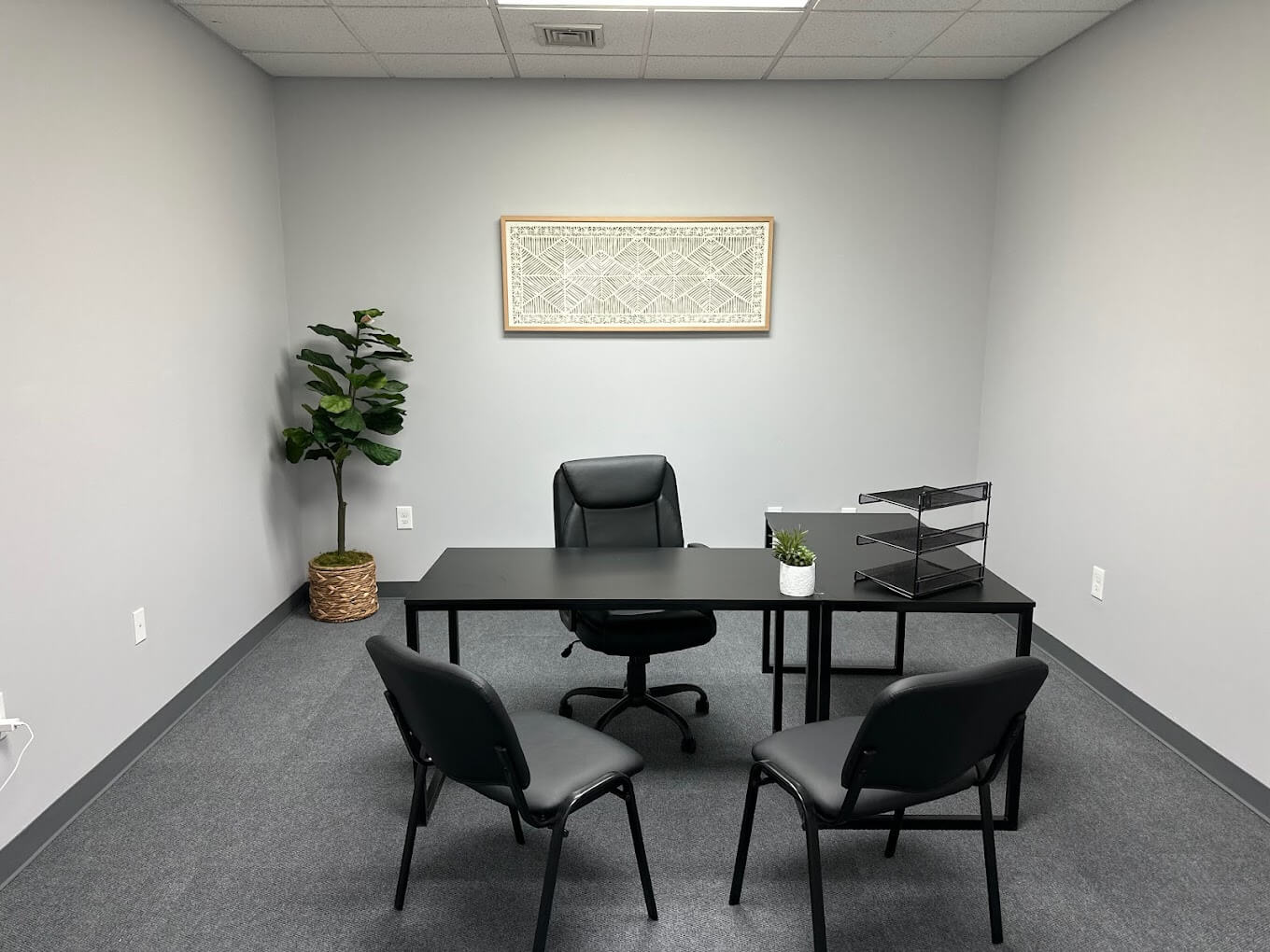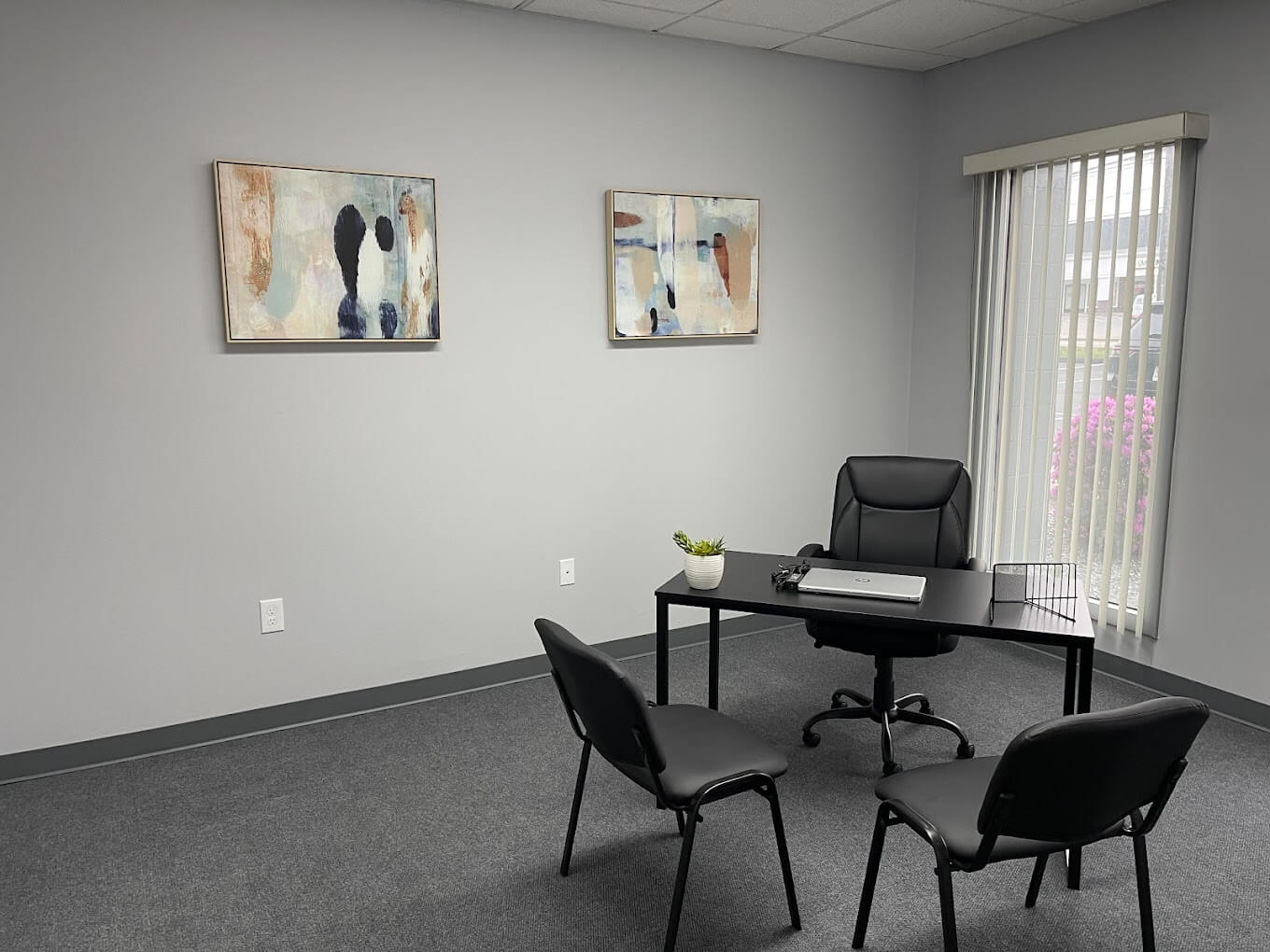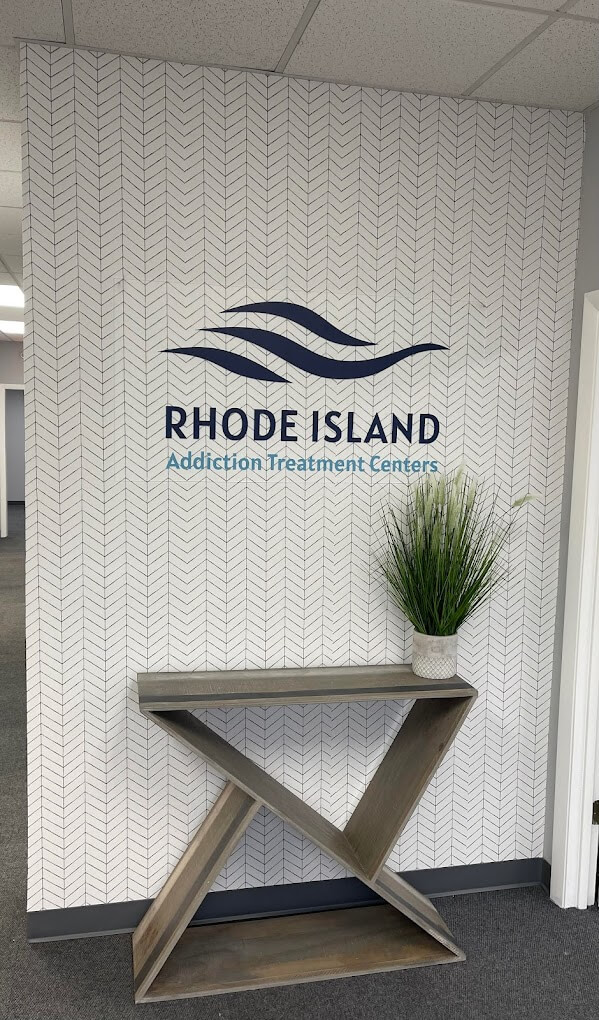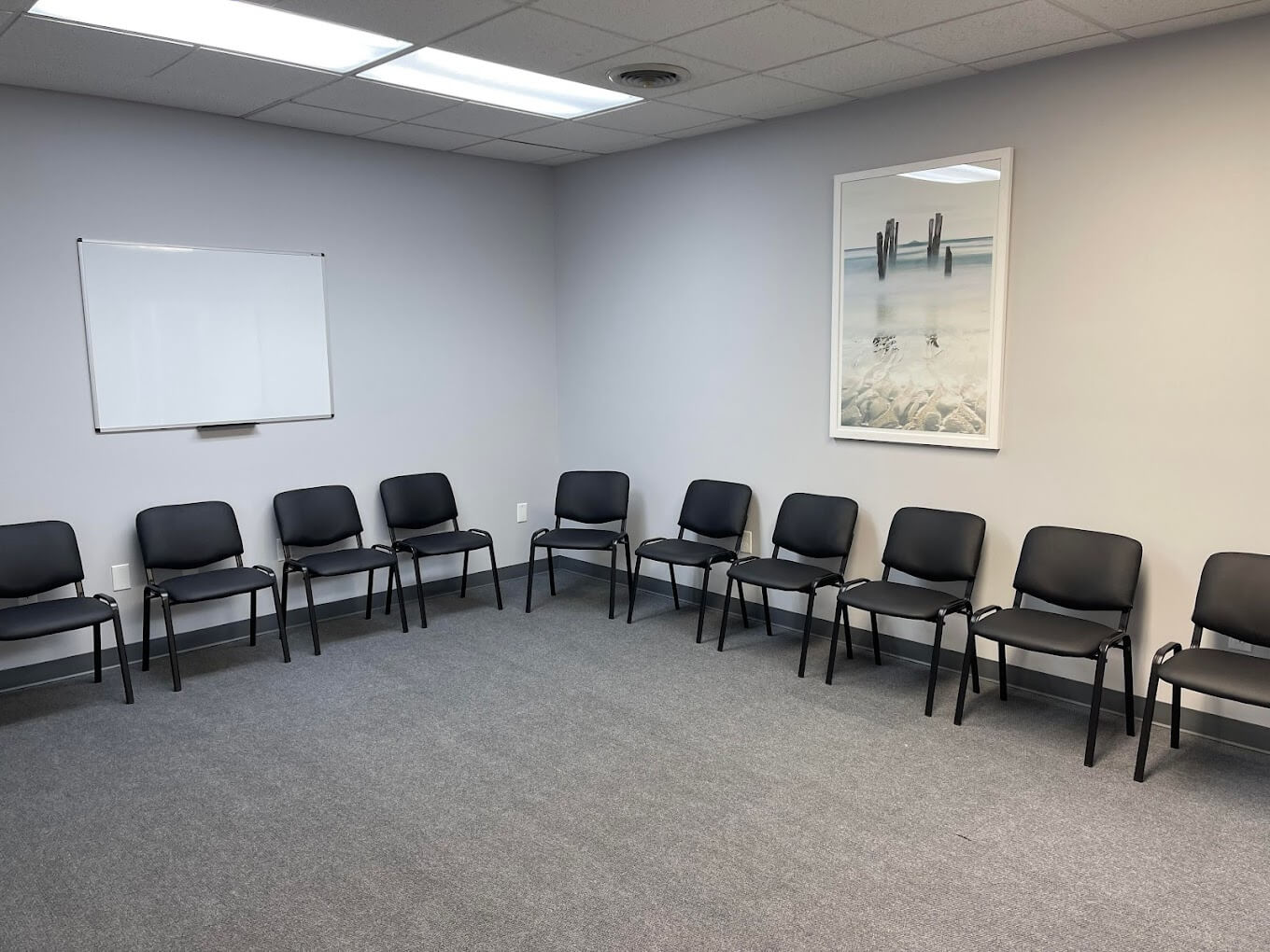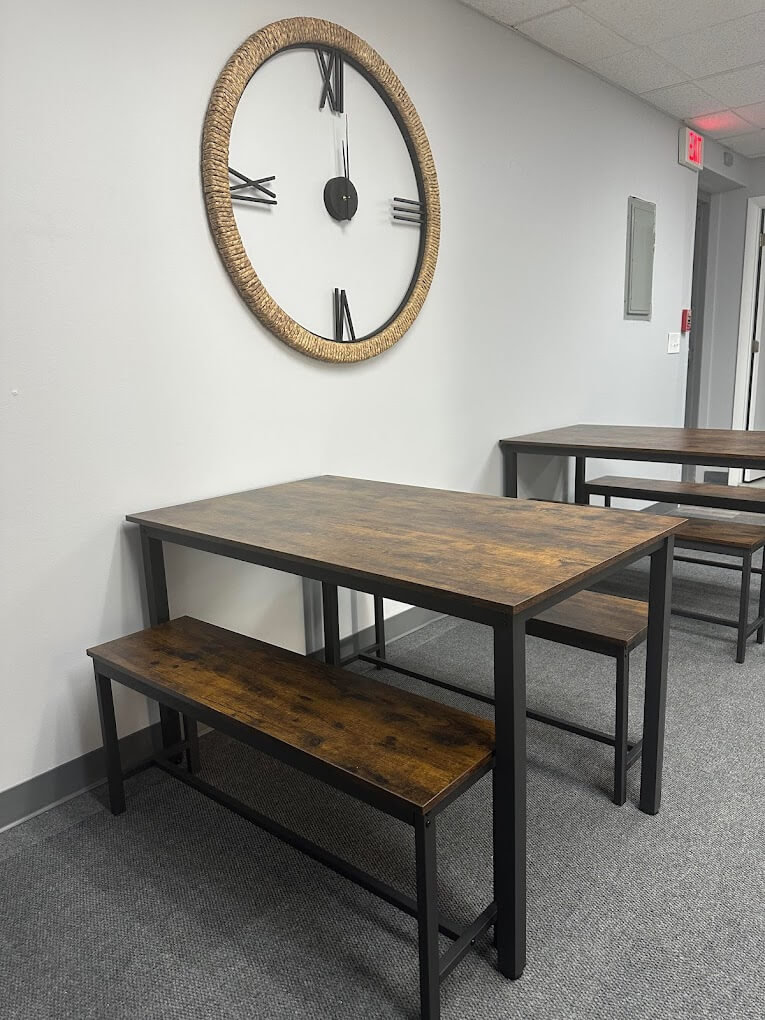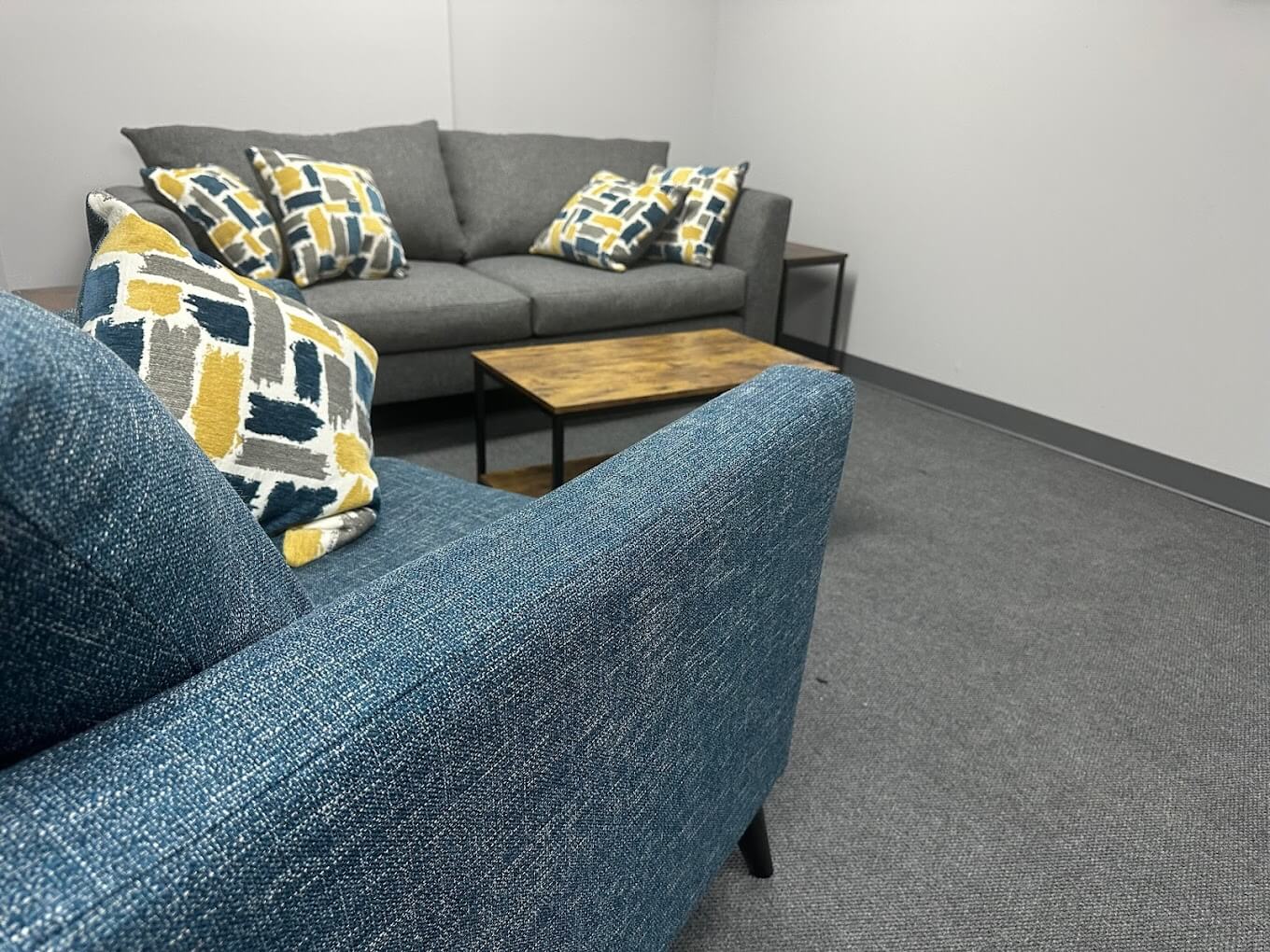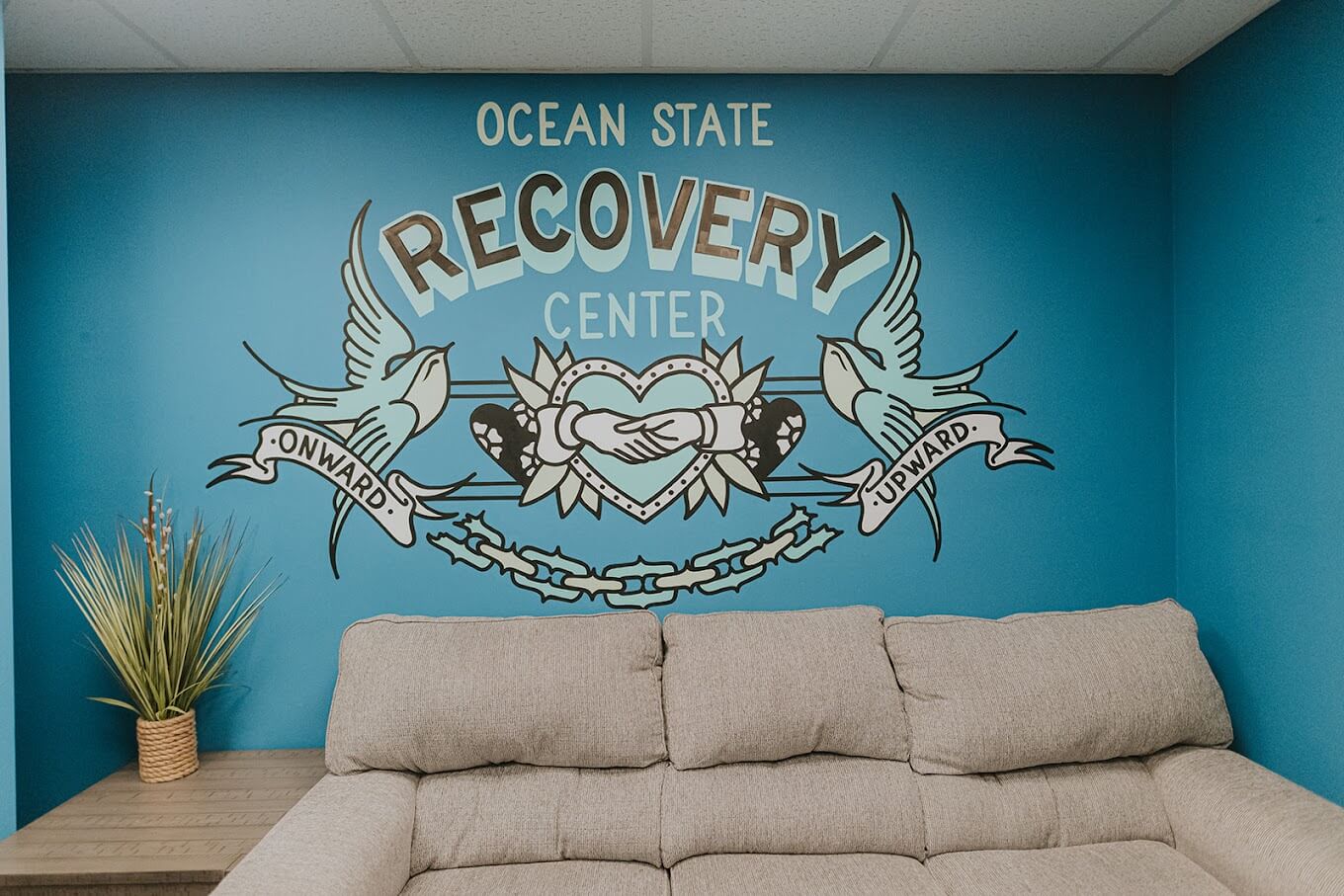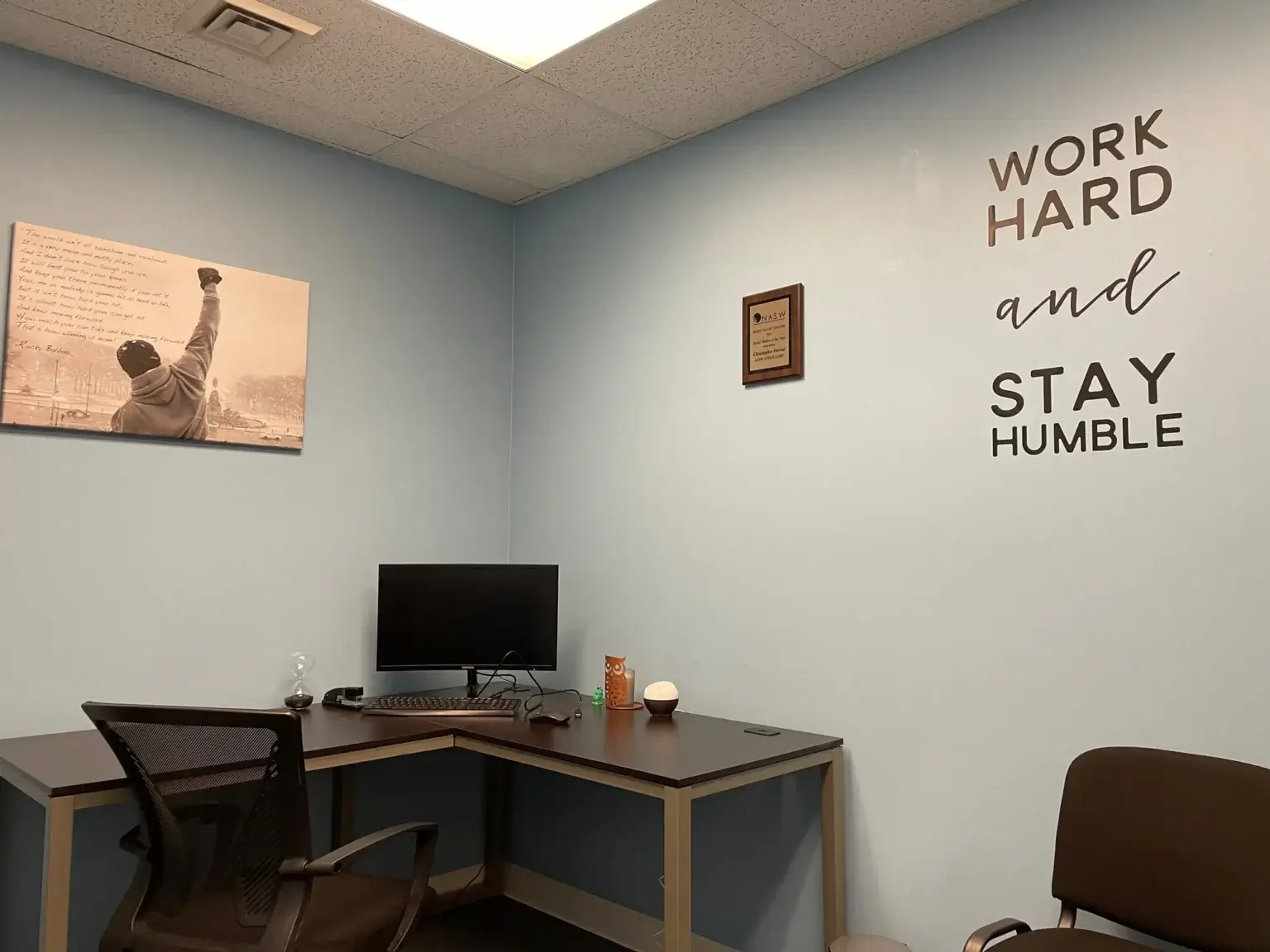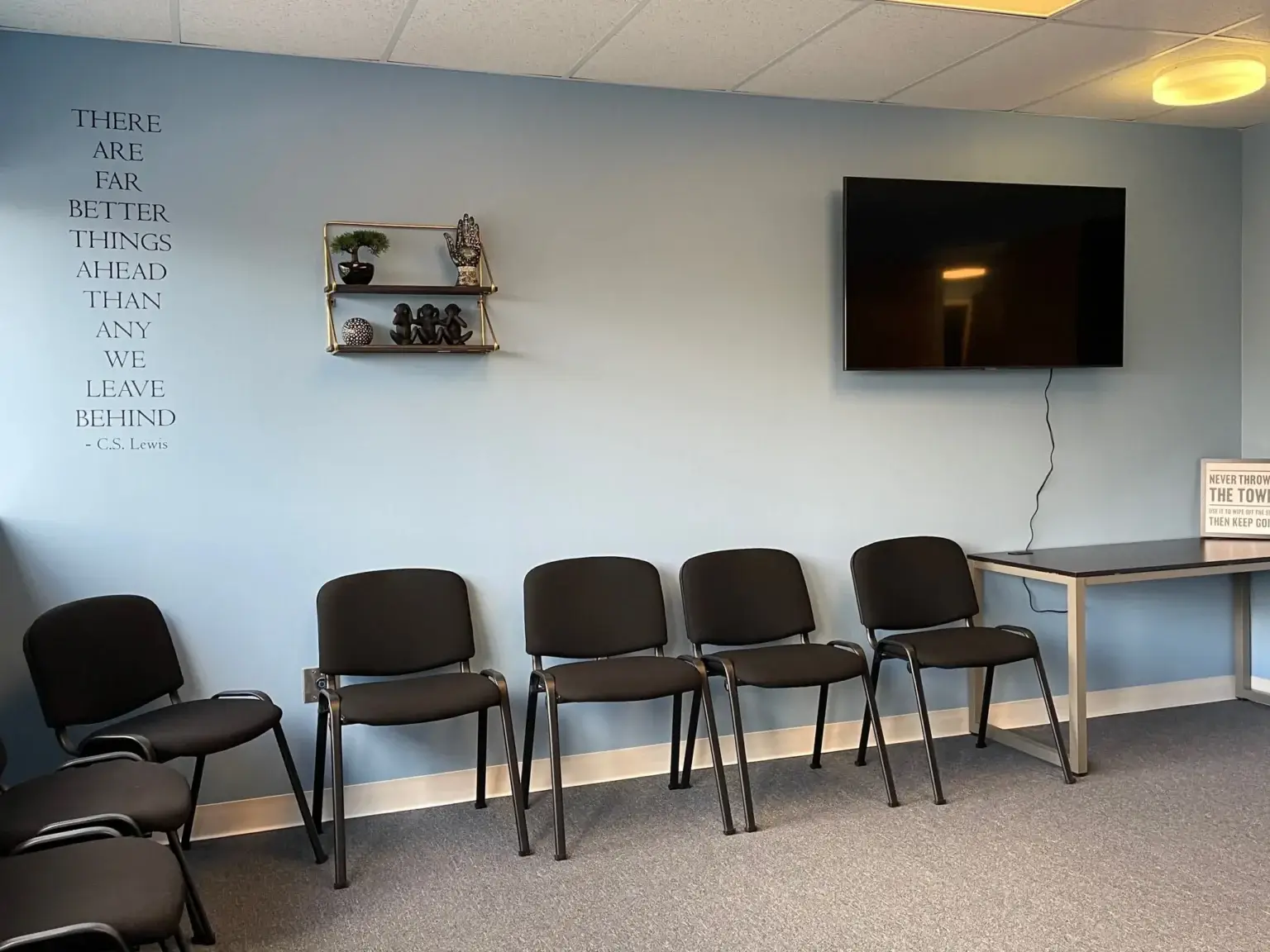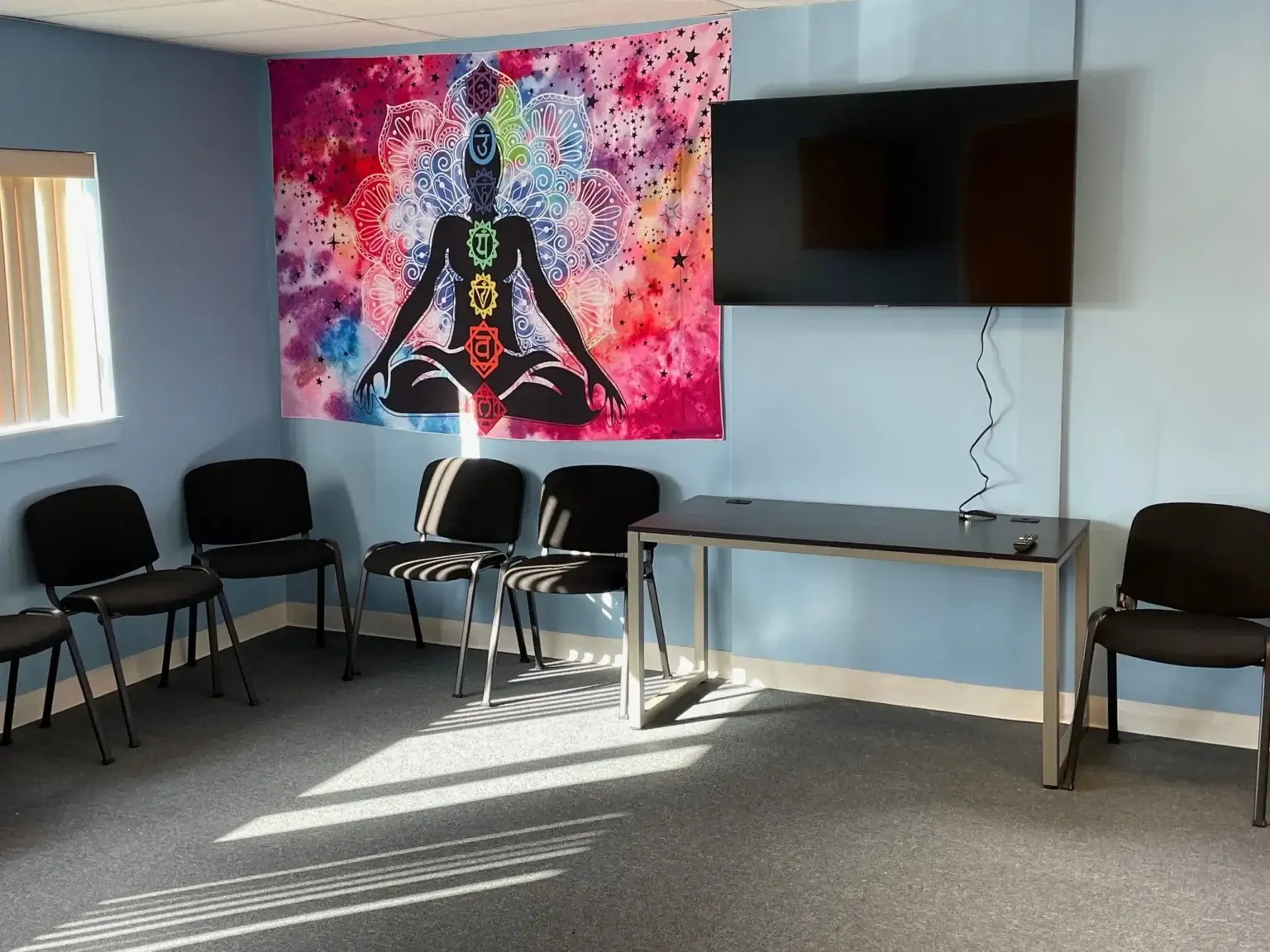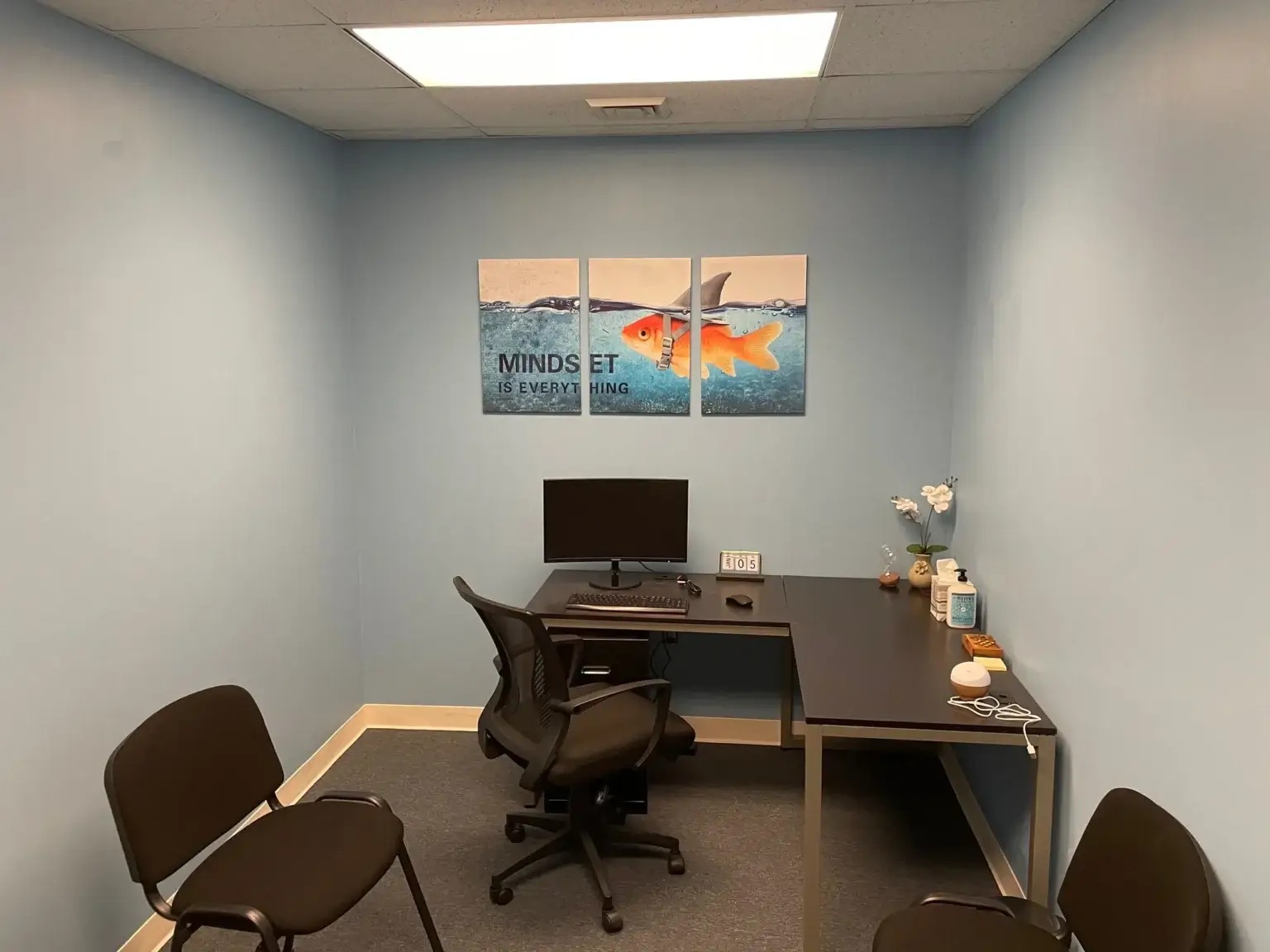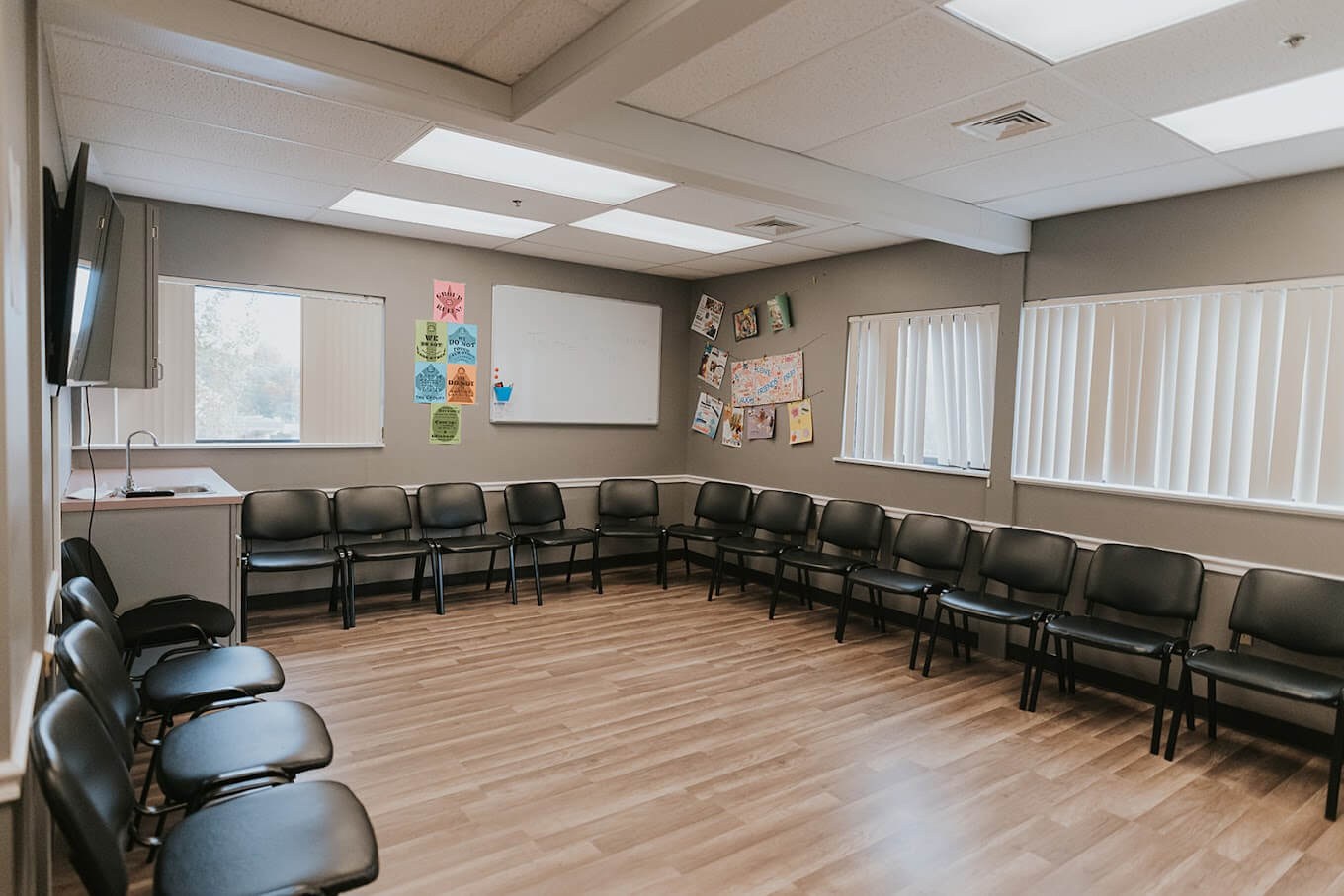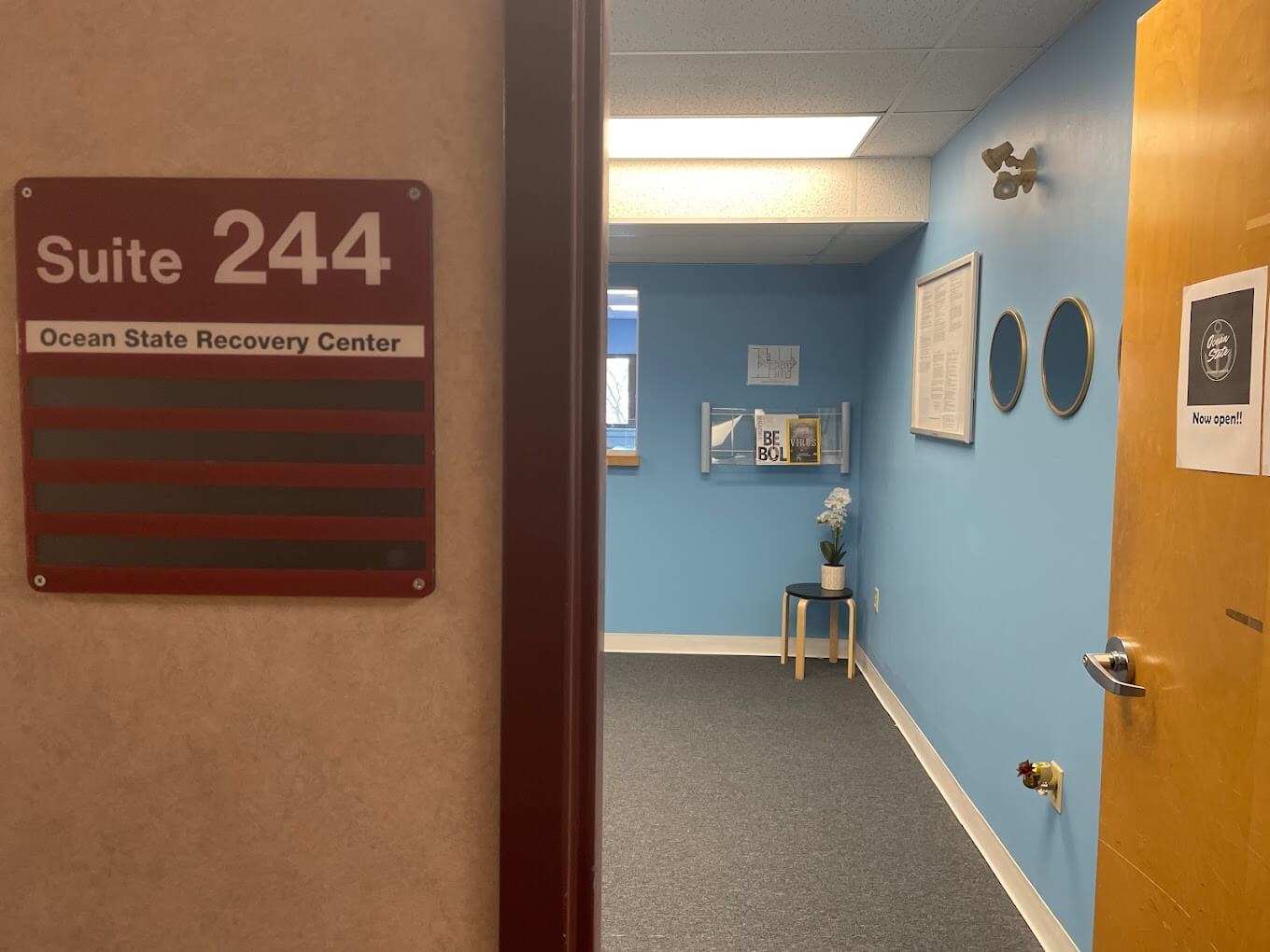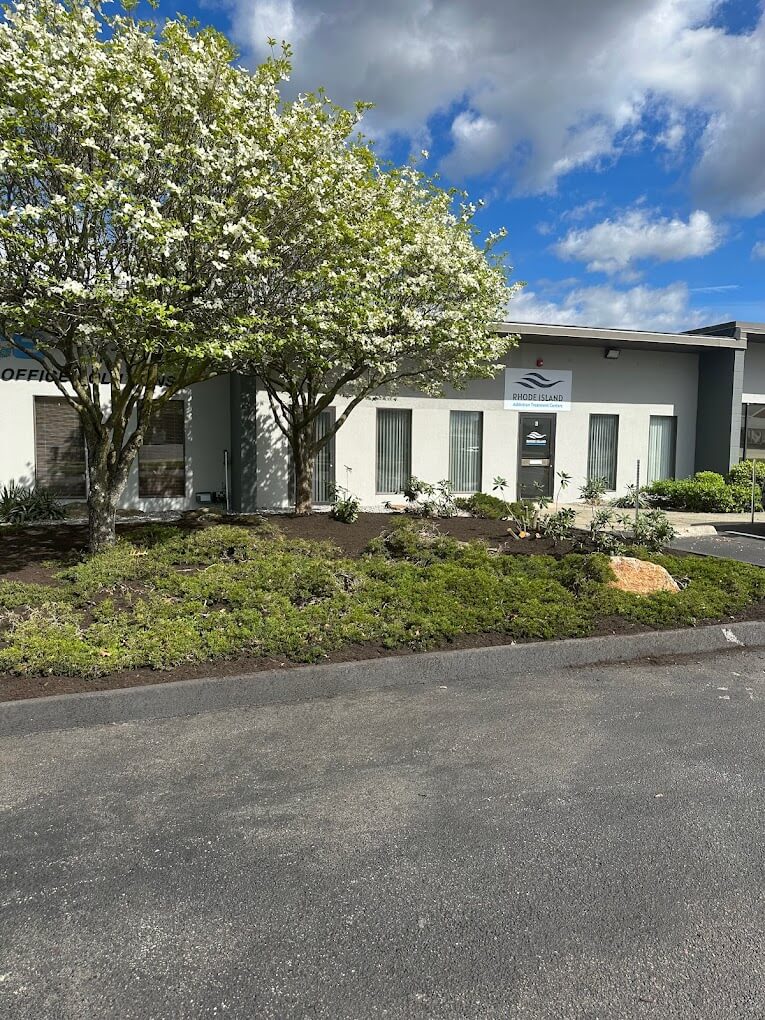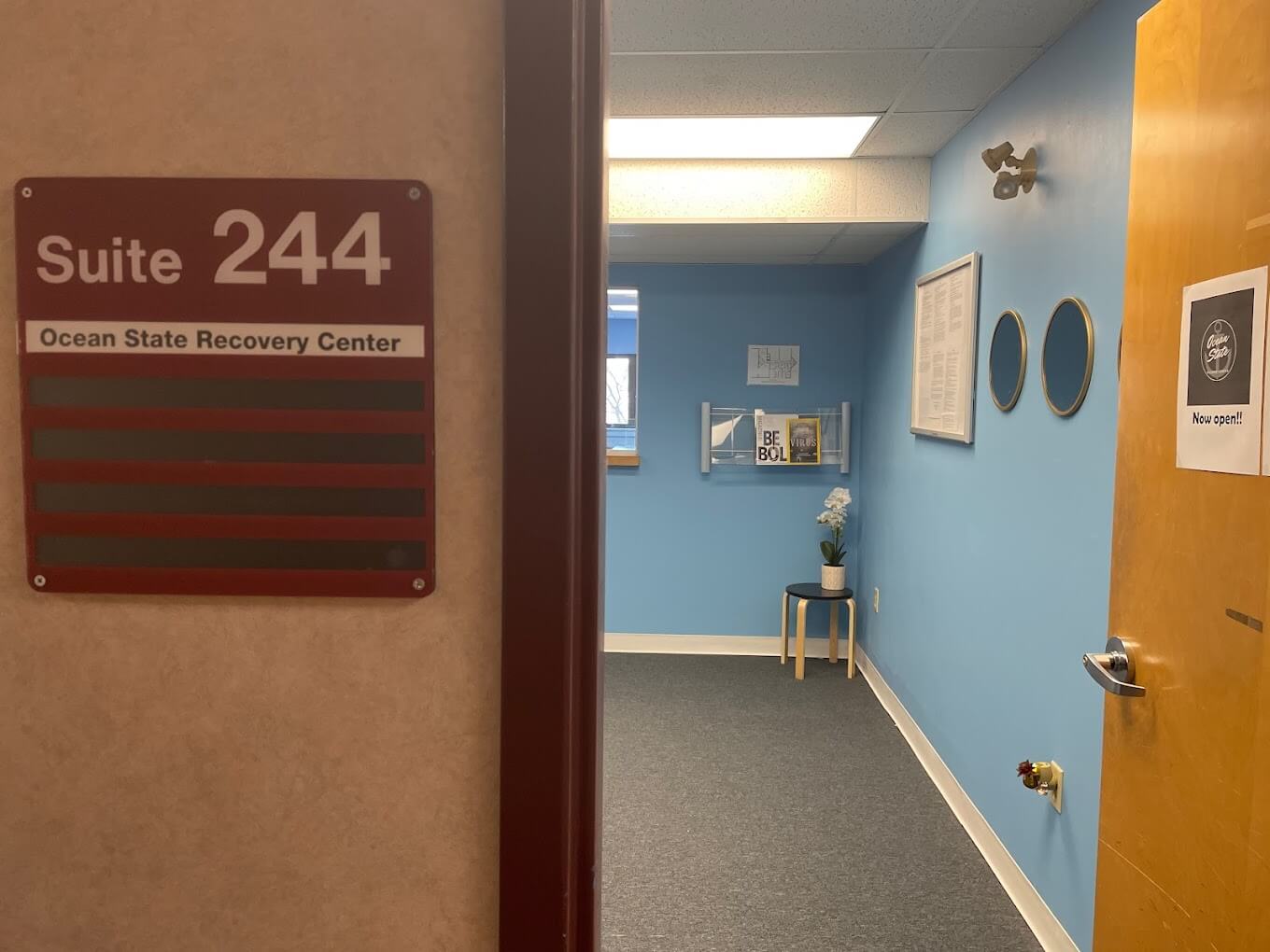4 Rhode Island Rehab Centers
Have a question about Rhode Island rehabs? Check our Frequently Asked Questions to learn more.
Common Questions About Rhode Island Treatment Centers
What types of addiction treatment programs are available in Rhode Island?
Rhode Island’s rehab centers offer a range of treatment options to meet individual recovery needs:
Inpatient Programs: Provide 24/7 structured care in a supportive, therapeutic environment.
Outpatient & IOP: Allow flexibility for clients to continue daily life while receiving treatment.
Detox Services: Medically supervised detox to ensure safety and comfort during withdrawal.
Dual Diagnosis Treatment: Addresses co-occurring mental health and substance use disorders.
Aftercare Support: Continued therapy and relapse prevention planning post-treatment.
Does luxury rehab in Rhode Island cost more, and is it covered by insurance?
Luxury rehabs often include high-end amenities and personalized care, which can affect pricing:
Premium Services: Private accommodations, holistic therapies, and resort-style settings.
Insurance Options: Many accept major insurance plans or offer direct verification services.
Payment Flexibility: Some centers provide financing options or sliding scale fees.
Coverage Verification: Always confirm coverage with your provider before admission.
How can I choose the right rehab facility in Rhode Island?
Selecting the right rehab center involves comparing programs, credentials, and care approaches:
Accreditation: Choose licensed, accredited facilities with certified professionals.
Therapeutic Approaches: Ask about evidence-based methods like CBT or holistic therapy.
Personalized Care: Look for individualized treatment plans and low client-to-staff ratios.
Aftercare: Ensure the program offers strong relapse prevention and ongoing support.
What happens after completing a rehab program in Rhode Island?
Aftercare is a vital part of maintaining long-term sobriety and wellness:
Ongoing Therapy: Continued individual or group counseling sessions.
Support Networks: Participation in 12-step or peer recovery programs.
Relapse Prevention: Development of coping strategies and life skills.
Alumni Programs: Access to community resources and continued connection.

















